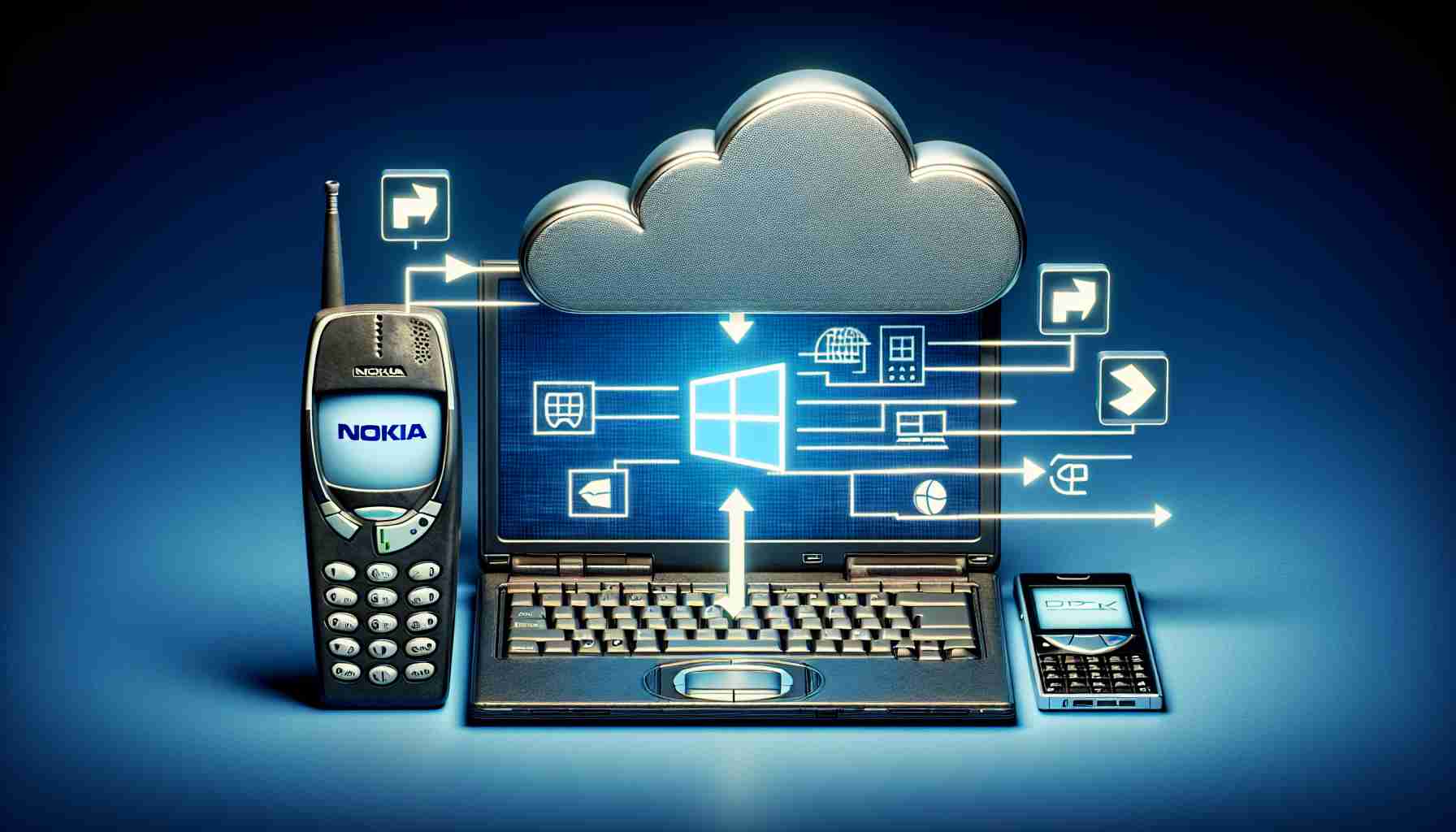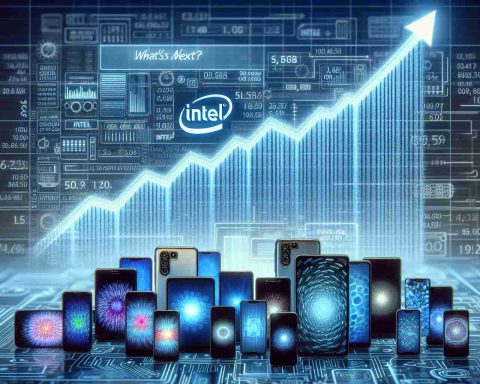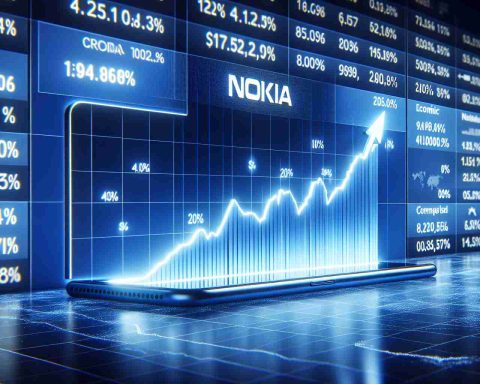In a significant move, Nokia has fortified its alliance with Microsoft by securing a five-year extension as the primary supplier for Azure’s cloud infrastructure. This extended agreement will support Microsoft’s expansion objectives globally and help manage the increasing demand for compute workloads.
Nokia has excelled in research and innovation, particularly with SONiC—a popular open-source network operating system utilized by major cloud data centers. For over six years, Nokia has been developing routing solutions based on SONiC together with Microsoft. The renewed deal enhances this collaboration, focusing on cutting-edge SONiC technology.
The agreement includes Nokia supplying its high-capacity 7250 IXR-10e platform to meet the growing bandwidth needs within Microsoft’s data centers. Furthermore, Nokia will be instrumental in Microsoft’s transition from 100GE to 400GE by deploying SONiC-based routers and data center switches, significantly enhancing speed and reliability.
With this deal, Nokia boosts its position across more than 30 countries and solidifies its status as a key supplier for major hyperscale companies like Microsoft. Facing a booming demand in compute and data traffic, organizations globally are upgrading their data centers to bolster network capacity. Nokia’s comprehensive data portfolio allows it to capitalize on this upward trend.
Over the past year, Nokia’s shares have risen by 18.4%, trailing the industry’s 39.1% growth. Nokia holds a Zacks Rank #3, indicating a stable hold in the stock market. Meanwhile, companies like Zillow and InterDigital show strong financial performance, each holding favorable Zacks Rankings and delivering impressive earnings surprises in recent quarters.
Nokia and Microsoft’s Cloud Collaboration: A Digital Revolution or a Step Back?
An Overview of the Extended Nokia-Microsoft Partnership
The recent extension of Nokia’s alliance with Microsoft to continue as a crucial supplier for Azure’s cloud infrastructure has far-reaching implications. While this may sound like business as usual, the potential effects on communities, countries, and individuals are profound. This partnership signifies more than just technological advancement; it could reshape the landscape of digital infrastructure in numerous ways.
Technological Advancements and Community Impact
The upgrade from 100GE to 400GE with Nokia’s SONiC-based technology indicates a massive leap in data processing capacity. For individuals, this means faster internet, smoother streaming services, and lower latency during online activities. Communities may experience improved public service digital platforms and enhanced communication networks, potentially leading to increased economic opportunities as remote work and online business operations become more efficient.
For countries, especially those with emerging economies, this development could mean improved global connectivity. Enhanced data infrastructure helps attract foreign investments, boosts technological innovation, and supports better education and healthcare services through e-governance initiatives.
Advantages and Disadvantages of the Partnership
The advantages of Nokia’s extension agreement with Microsoft are clear: improved network capacity and faster data processing lead to more innovative services and products for consumers. Additionally, there are potential job creation opportunities in tech development, as companies expand their operations to harness these cutting-edge technologies.
However, the agreement also raises several questions and concerns. One of the critical issues is data security. As cloud infrastructure becomes more advanced, so does the complexity of protecting data from cyber threats. The partnership may necessitate robust security measures to prevent data breaches that could impact millions globally.
Another concern is market monopolization. With Nokia solidifying its position with a tech giant like Microsoft, there is a risk of reduced competition, potentially stifling innovation from smaller tech firms who cannot compete on the same scale.
Interesting Facts and Controversies
– Rising Share Values: Nokia’s share increase of 18.4% signals positive market reception, but it lags behind the broader industry growth rate of 39.1%. This disparity raises questions about investor confidence in Nokia’s long-term strategic vision.
– Ranking Game: While Nokia, Zillow, and InterDigital are ranked favorably by entities like Zacks, the continual fluctuation of these rankings could influence future investment and market dynamics significantly.
– Ethical Data Use: The expanded data capabilities also pose ethical questions about data use and privacy. How will Microsoft and Nokia ensure transparent data usage policies? And how will these be monitored by governments worldwide?
Conclusion – Navigating the New Digital Era
The Nokia-Microsoft collaboration is a double-edged sword—promising enhanced digital experiences on one hand, while presenting challenges around security and competition. As these developments unfold, key stakeholders, including policymakers and consumers, must critically assess both the benefits and risks of such technological advancements. The question remains: will this partnership set a new standard for digital infrastructure, or will it merely widen the gap between tech giants and smaller firms?
For further information on the technology impact, you can check out more at Microsoft and Nokia.




























